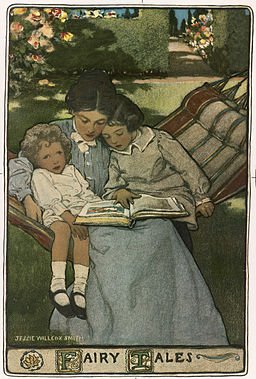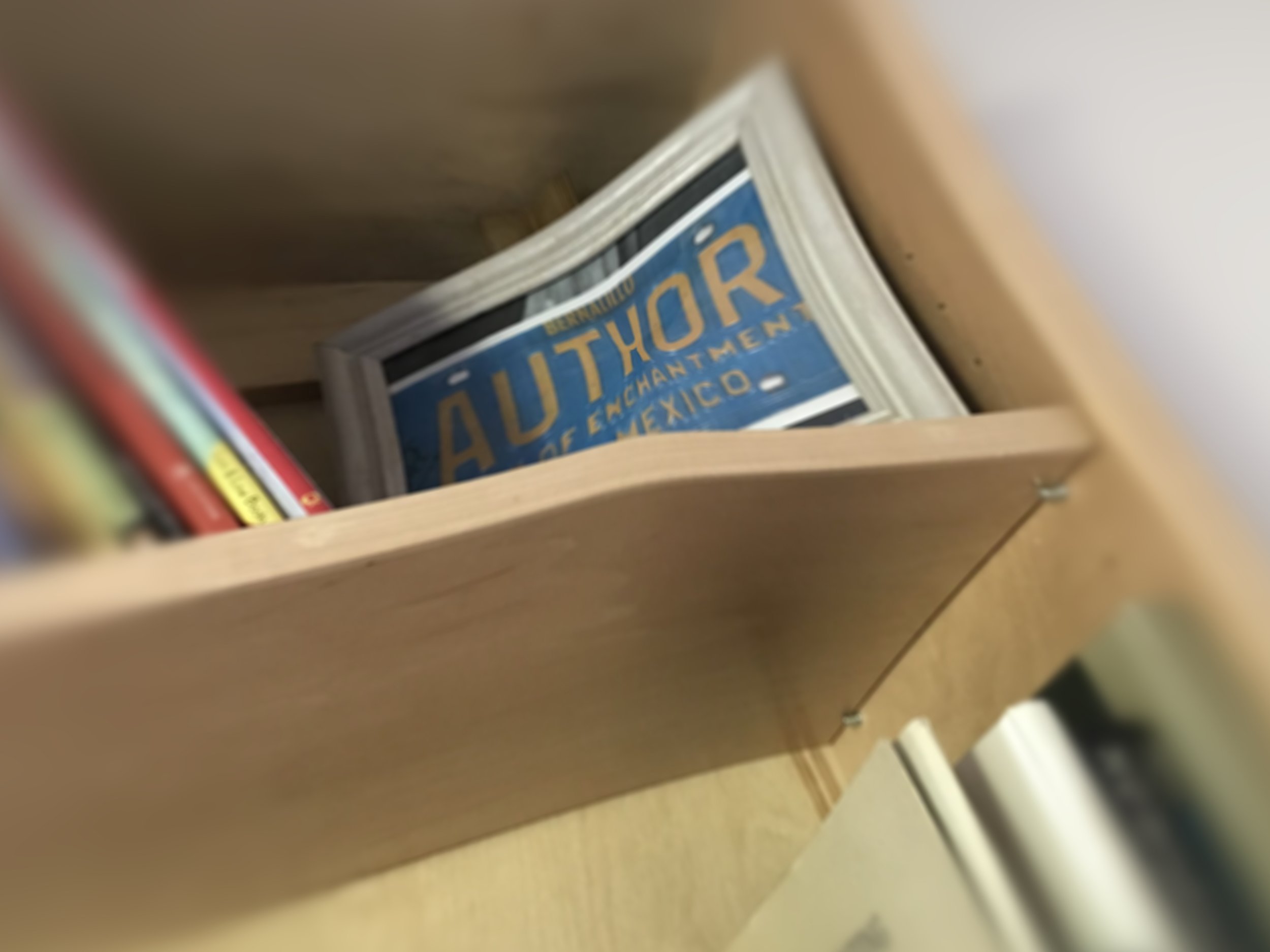
Writing With a Broken Tusk
Writing With a Broken Tusk began in 2006 as a blog about overlapping geographies, personal and real-world, and writing books for children. The blog name refers to the mythical pact made between the poet Vyaasa and the Hindu elephant headed god Ganesha who was his scribe during the composition of the Mahabharata. It also refers to my second published book, edited by the generous and brilliant Diantha Thorpe of Linnet Books/The Shoe String Press, published in 1996, acquired and republished by August House and still miraculously in print.
Since March 2024, Jen Breach (writer, VCFA graduate, and former student) has helped me manage guest posts and Process Talk pieces on this blog. They have lined up and conducted author/illustrator interviews and invited and coordinated guest posts. That support has helped me get through weeks when I’ve been in edit-copyedit-proofing mode, and it’s also introduced me to writers and books I might not have found otherwise. Our overlapping interests have led to posts for which I might not have had the time or attention-span. It’s the beauty of shared circles.


Children’s Book Press Turns 50!
Children’s Book Press, founded by Harriet Rohmer in 1975, published my second picture book, Chachaji’s Cup, a story set against the history of India’s partition, at a time when American picture books with brown characters were about as rare as flying pigs. When the press closed and the CBP list was acquired by another of my publishers, Lee and Low, it felt like predestination.
This year, Children's Book Press turns 50. In honor of this milestone, I'm reviving an old post from 2010, the year they turned 35, when I traded emails with editors I’d worked with, Janet del Mundo and Dana Goldberg.

Celebrities Who Insist on Writing Children’s Books
Arwa Mahdavi, writing for The Guardian, said this about famous people who insist on writing books for children:
If I were queen for the day I’d focus less on white-collar criminals and more on literary ones: implementing an immediate ban on celebrities writing children’s books. Should a famous person so much as think of penning a kids’ book, it’d be straight to jail: locked in a cell full of the strongest-smelling air fresheners available.

Lantana Publishing’s Ten-year Anniversary
I met Alice Curry years ago when I brainstormed with a group of talented writers and storytellers with the objective of designing a MOOC on Coursera with a focus on writing for children. It was a fascinating process. Among all the other ripples those early conversations generated was the remarkable growth of a publishing house under Alice’s leadership. This year Lantana Publishing celebrated its 10th birthday. Here’s my conversation with Alice about this uncommon milestone.

A Might-have-been Tale of Electric Cars
Today the US election is hurtling along to its conclusion. Over the last year, we’ve seen a most peculiar alliance take shape between a man with extreme views who adores the internal combustion engine and another, views equally extreme, who founded a company that revolutionized electric cars. It seems like a good time to see what all this means for children’s books, the little industry that could, the focus of this blog.
Almost 30 years ago, in 1996, GM produced a children’s book meant to educate kids about EVs. Daniel and his parents are shopping for a new car. Here’s a snippet of the text.

The Rabbit’s Foot of Book Publicity
…is every book deserving of being gushed about? That’s the question raised in an article by Helen Lewis in The Atlantic: “The Blurb Problem Keeps Getting Worse.”


Vocabulary Word: Monopsony
Over the years I have tried to be more of a writer than an author, which has meant not focusing on the business end of publishing more than I have to. It’s a weird business that sometimes pretends not to be a business at all and mostly behaves like no other business I can think of. But it's hard to ignore the fact that the United States Department of Justice has brought an anti-trust trial against two of the Big Five, Penguin Random House and Simon & Schuster.
